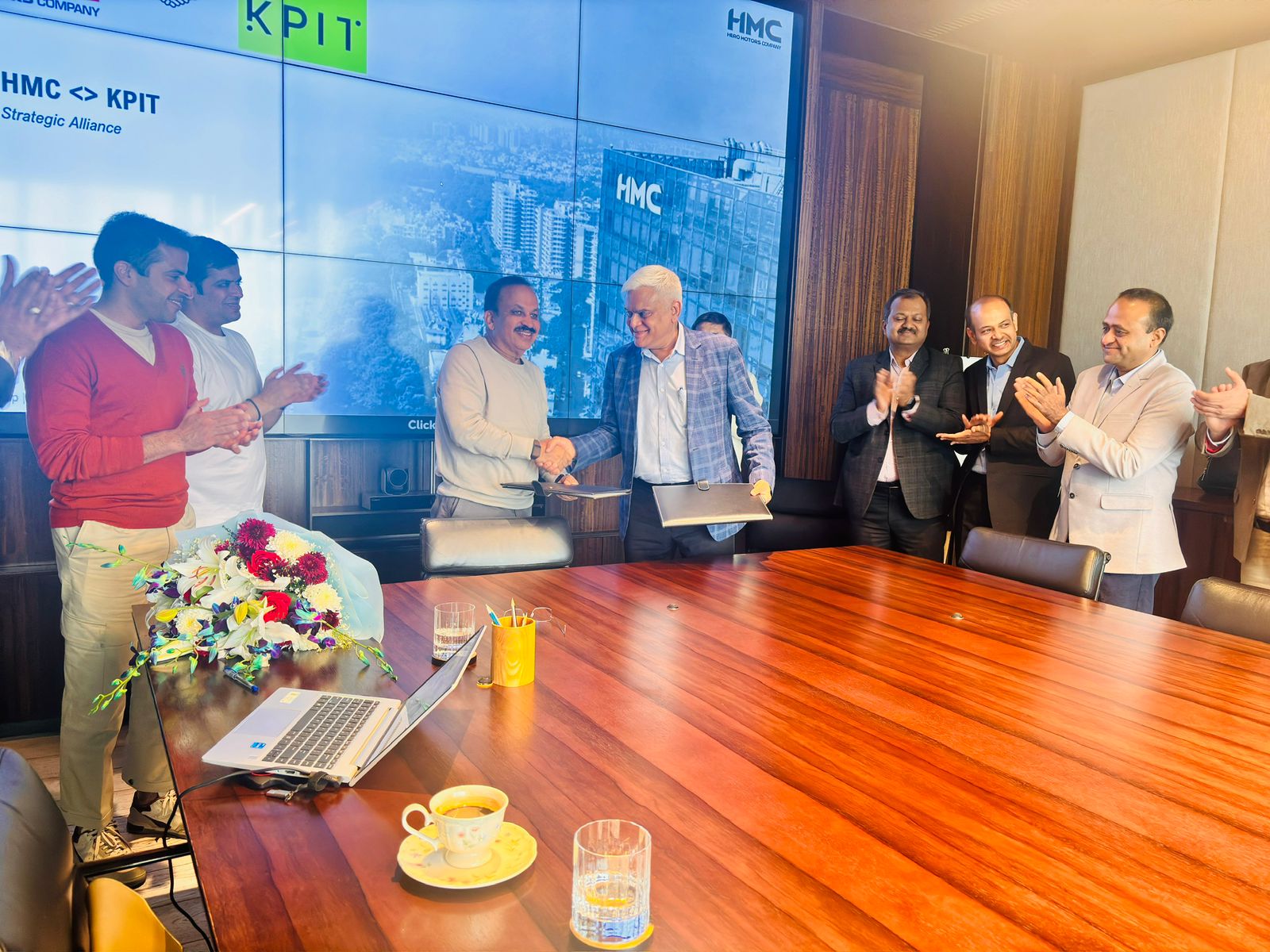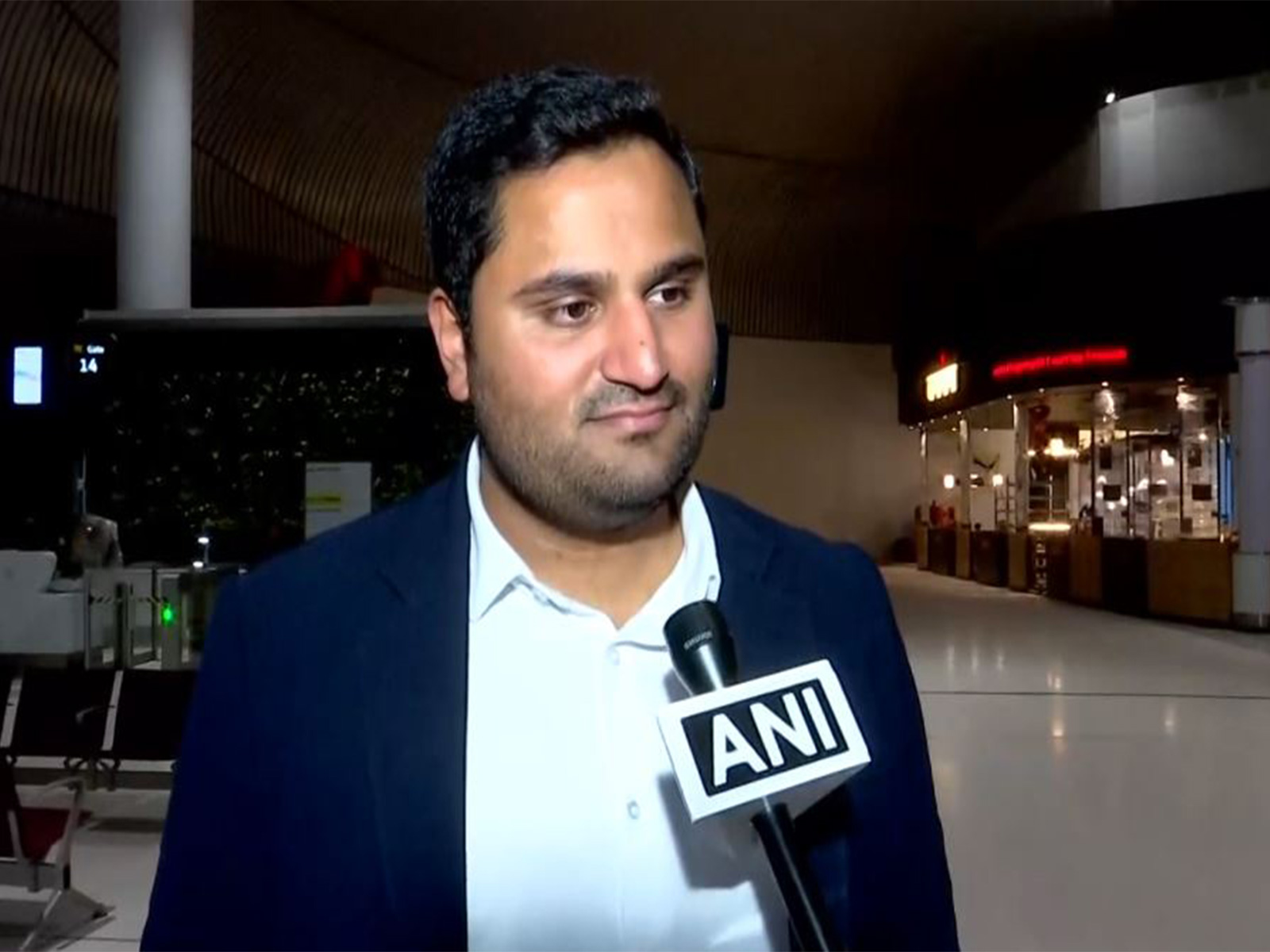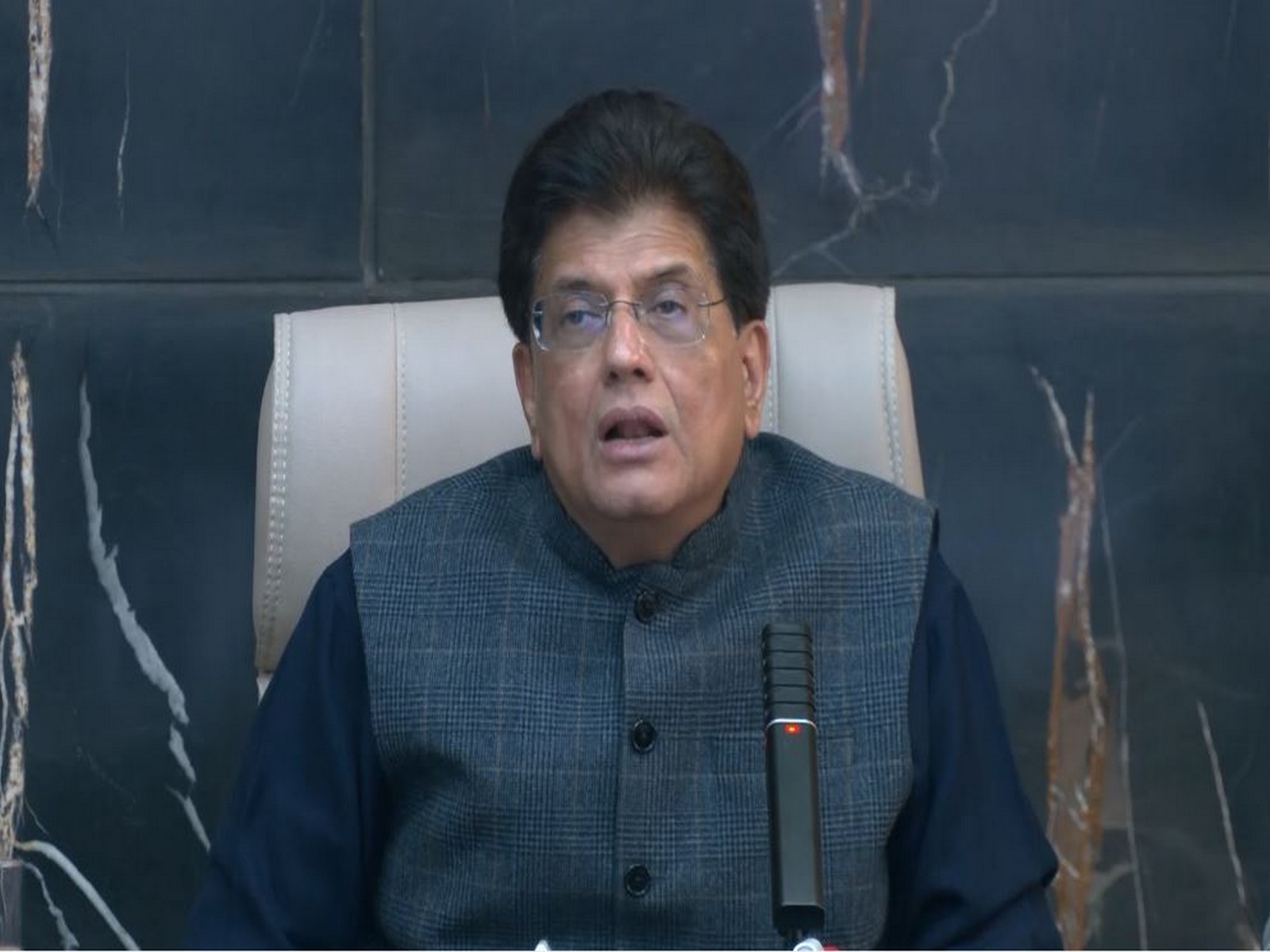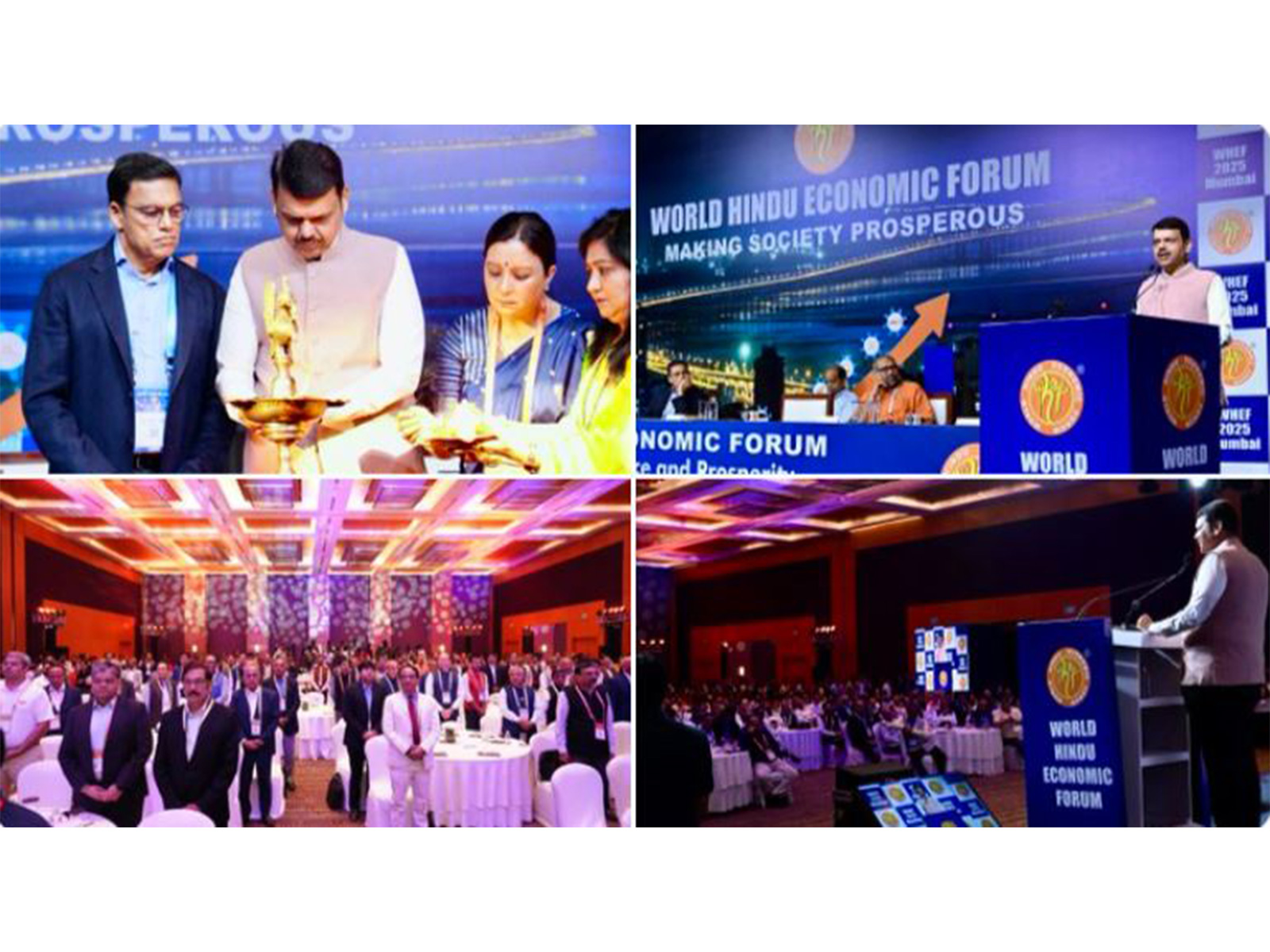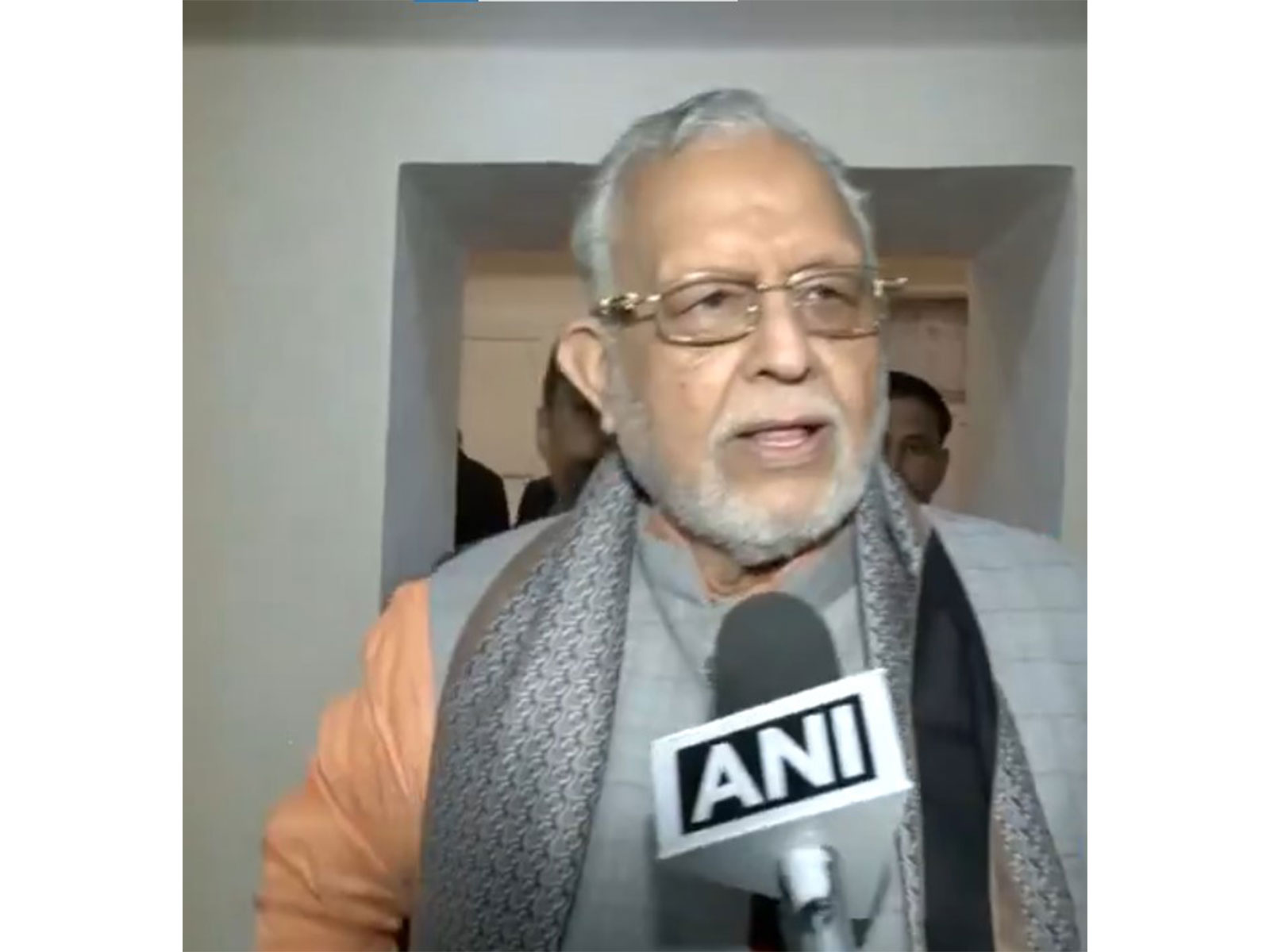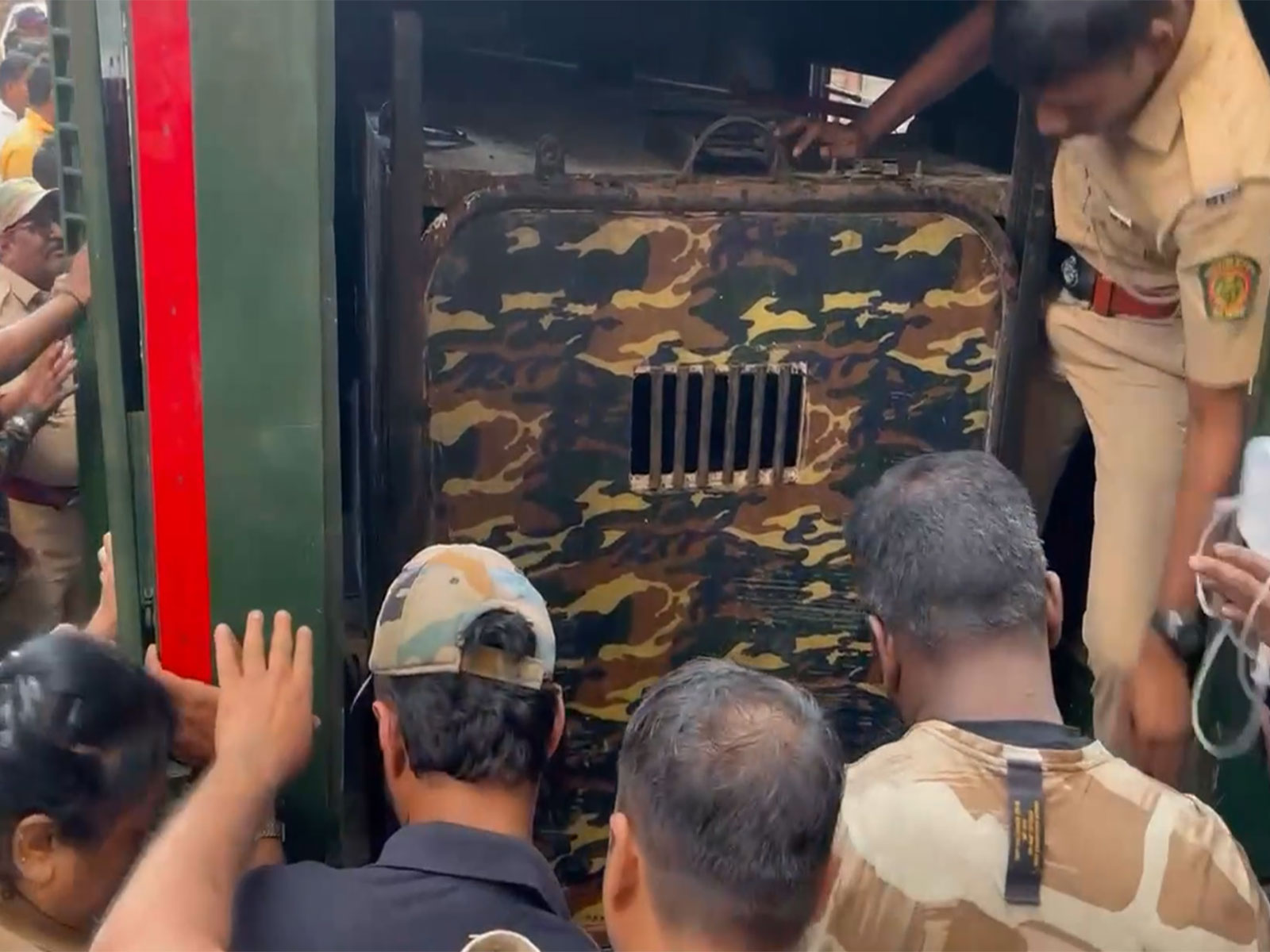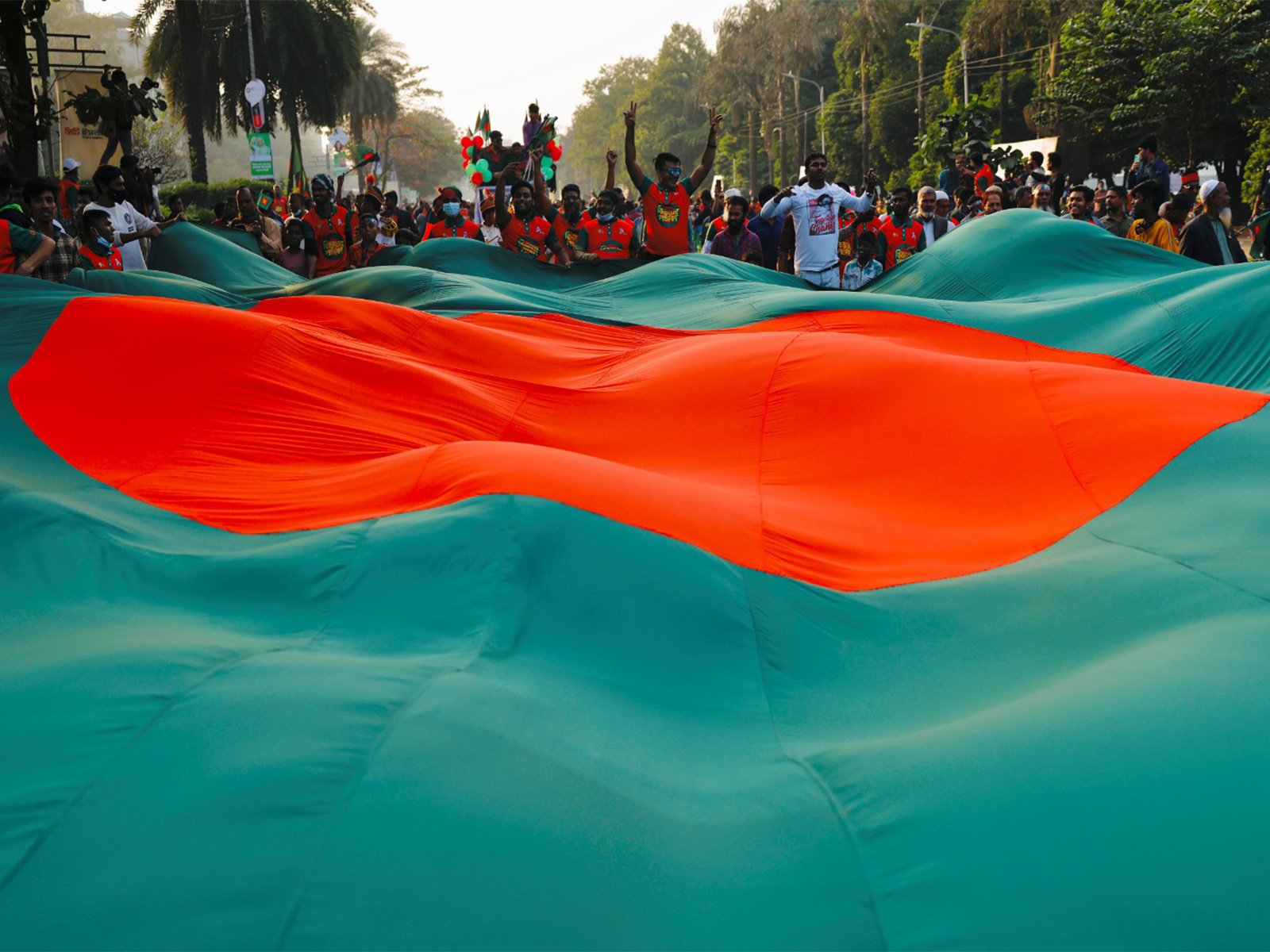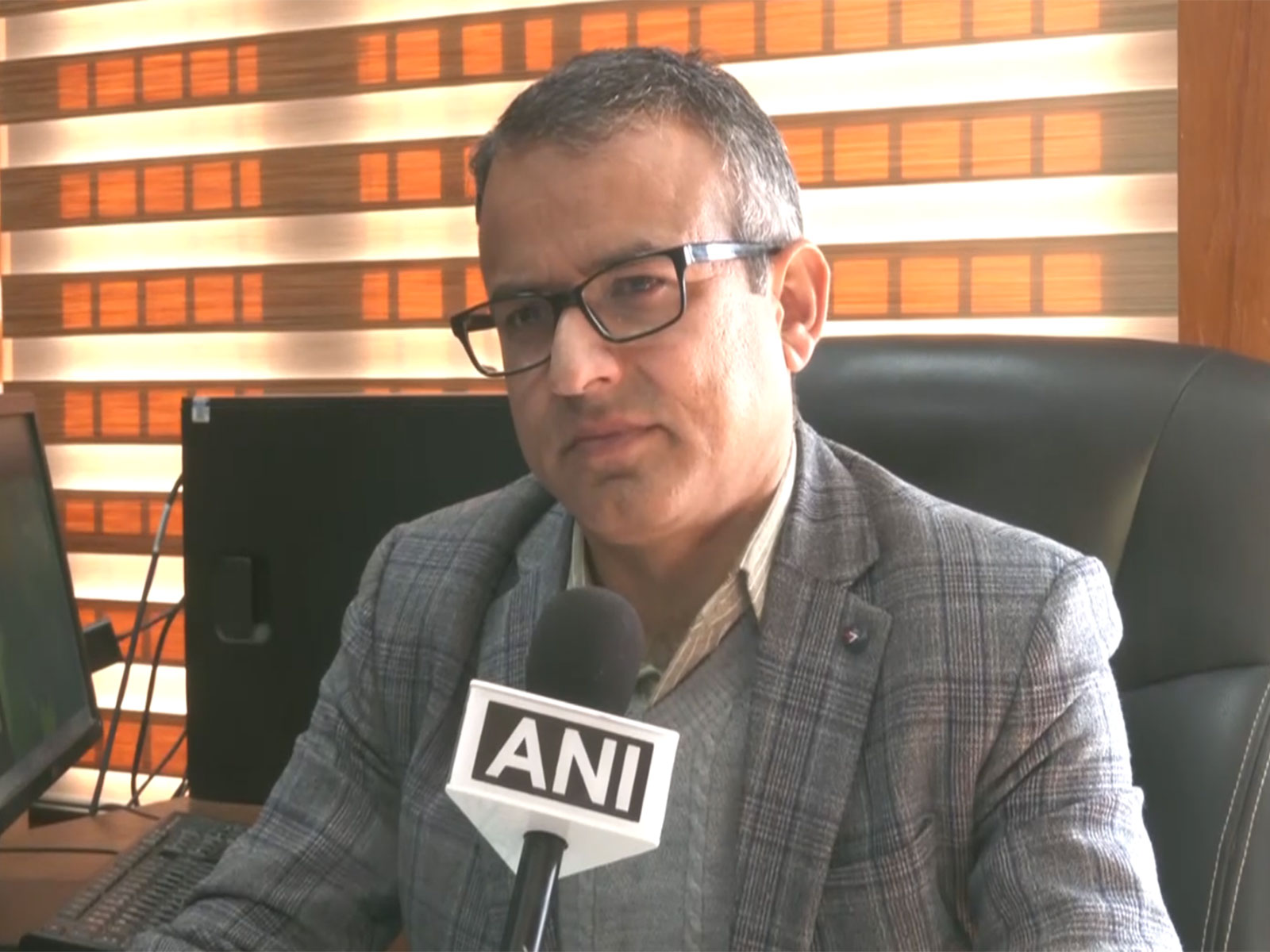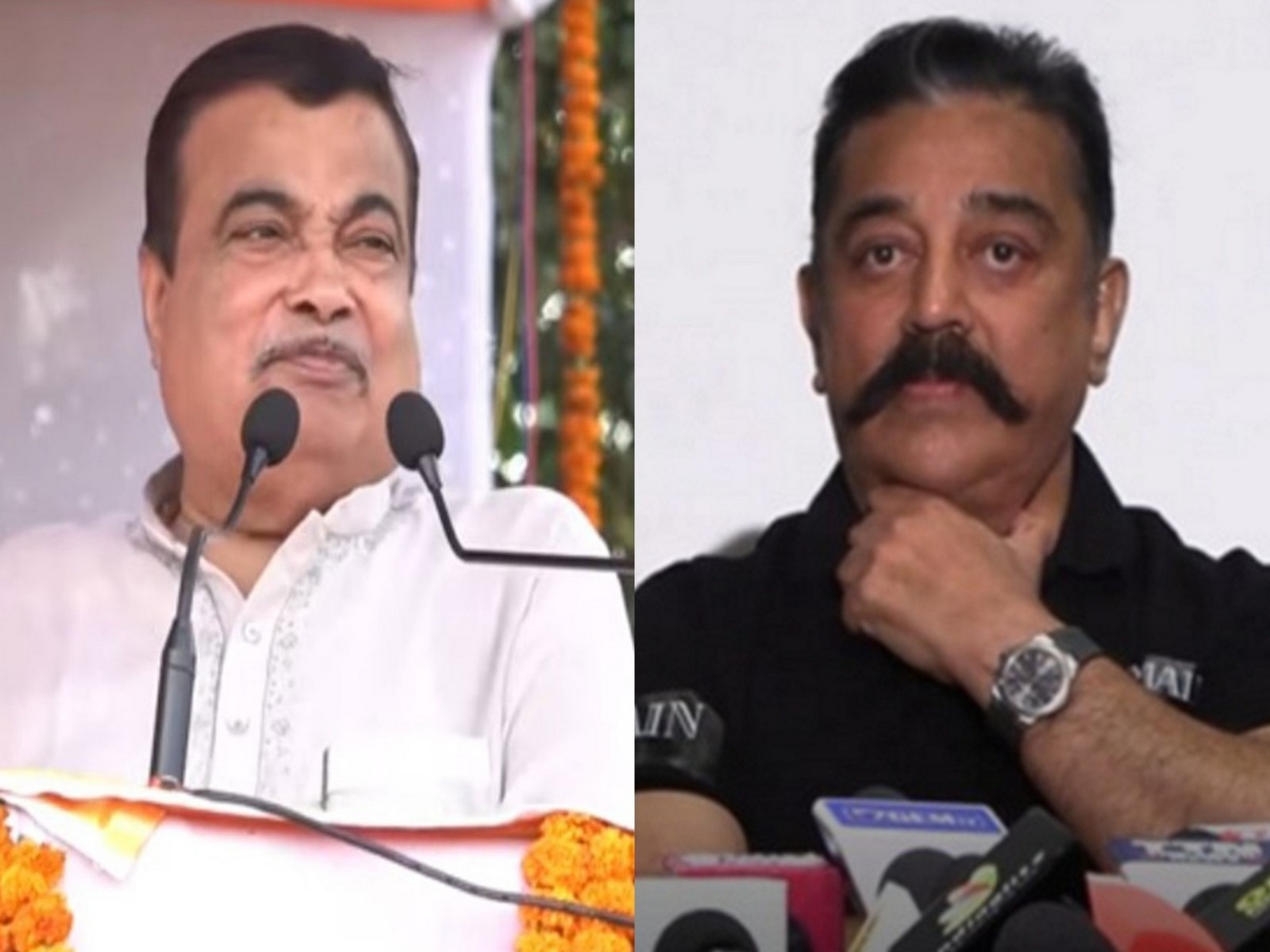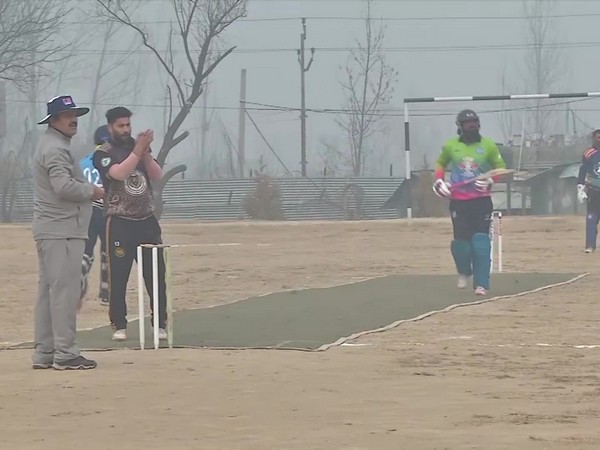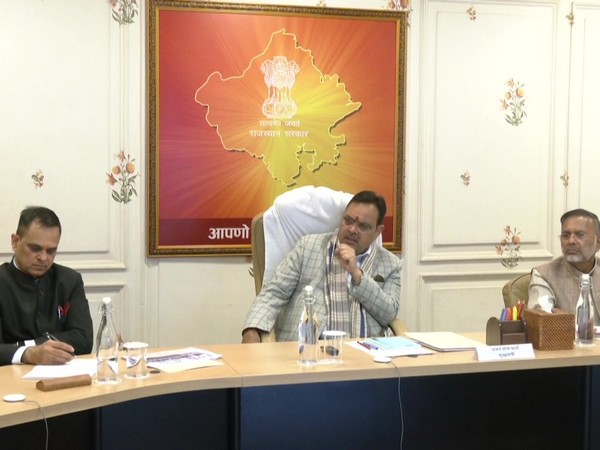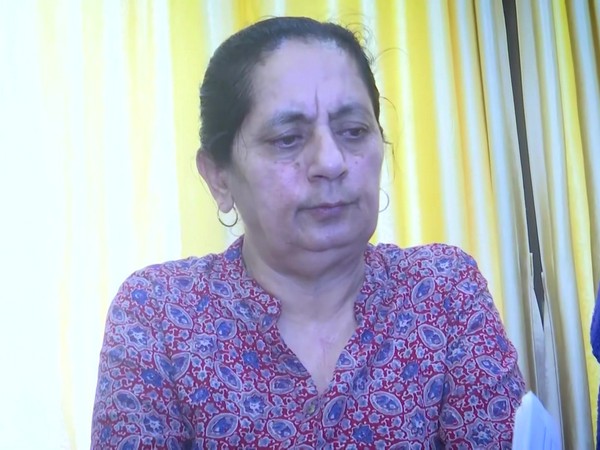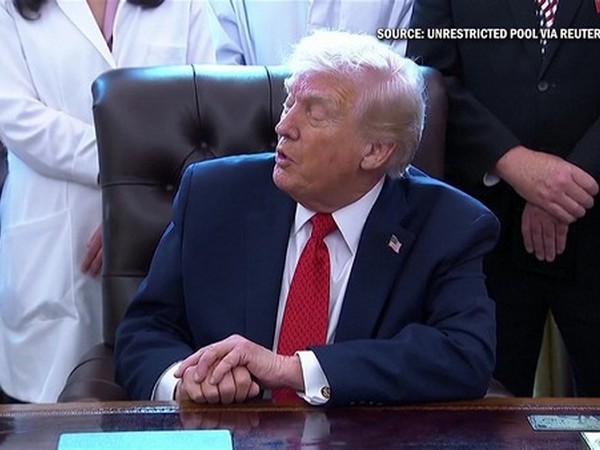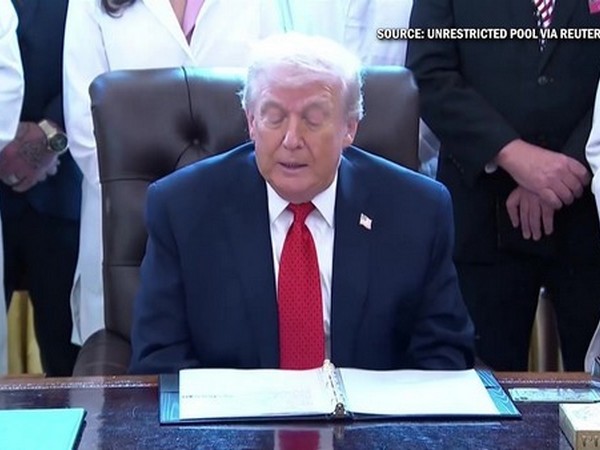India's economic momentum stays strong with composite PMI at 60.7 in July 2024
Aug 08, 2024

New Delhi [India], August 8 : The composite Purchasing Managers' Index (PMI) stood at 60.7, in July, reflecting buoyant economic activity, though the pace of acceleration had eased compared to the previous month which was at 60.9, according to Anand Rathi report.
The Services PMI, recorded at 60.3 in July 2024, has consistently held above the 60-mark for seven consecutive months. This sustained performance is attributed to strong demand, increased investment in technology, and new business gains.
The favourable economic conditions and optimistic expectations for future output have driven one of the strongest increases in recruitment within the sector.
The Manufacturing PMI placed at 58.1 in July, indicated strong expansionary trends, driven by buoyant demand and a notable increase in international sales. Producers responded to this demand by adding stocks at a sharp pace. Despite cost increases fueled by the strong demand for input goods, producers maintained their margins by raising selling prices.
The sector saw continued hiring at one of the strongest rates, although the pace of job creation was slightly softer than in June 2024.
Contrasting the domestic scenario, the global manufacturing outlook appears grim. In July 2024, the G-20 Manufacturing PMI fell below the 50-mark for the fourth consecutive month, indicating a contraction.
The JPMorgan Global Manufacturing PMI slowed due to weaker growth in the United States and China, coupled with an ongoing downturn in the eurozone and Japan's entry into a contraction phase.
Key issues identified included declining new orders and extended vendor lead times, pointing to supply-chain disruptions. Out of 32 countries surveyed, only 15 saw increases in their Manufacturing PMIs, with India showing the fastest growth.
Looking ahead, domestic economic activity is anticipated to pick up, bolstered by improved weather conditions and increased government expenditure following recent elections. However, challenges remain due to weakening global growth and rising tensions in the Middle East, which could pose headwinds to domestic growth.
The survey reported a significant rise in new work, considerably above the long-period average, and strong job creation across both the manufacturing and services sectors. Inflation, reaching an eleven-and-a-half-year high, coupled with rising input costs, has added pressure on businesses.
The Services PMI stood at 60.3 and maintained its strong performance, driven by technology investments, robust demand, and new business gains. Notably, the sector experienced one of the strongest growths in new export orders since 2014, indicating a healthy international demand for services.
The G-20 GDP-weighted Manufacturing PMI continued its downward trend for the fourth month, falling below the 50-mark in July. The JPMorgan Global Manufacturing PMI's slowdown reflects weaker growth in major economies such as the US and China, ongoing downturns in the eurozone, and Japan's contraction. Declining new orders and extended vendor lead times due to supply-chain disruptions have significantly impacted global manufacturing activity.
Despite the global challenges, India's manufacturing sector remains resilient, expanding at the quickest pace among the surveyed nations. This resilience, coupled with strong domestic demand and favourable economic conditions, is expected to support continued growth in the coming months.
